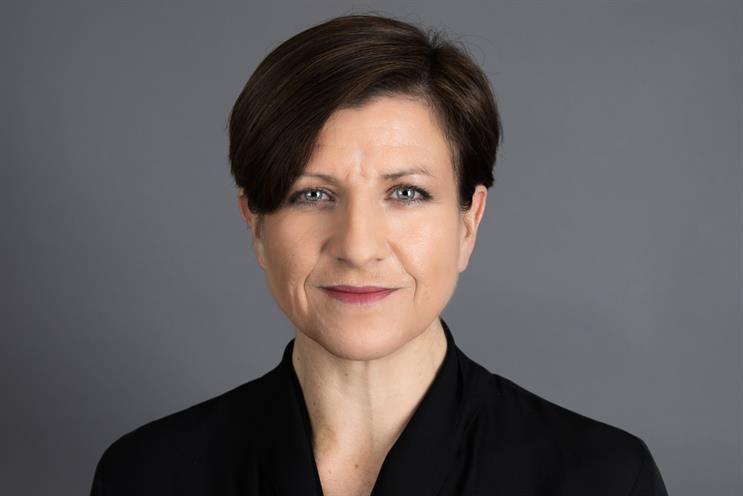Think of all those brands that seemed to arrive in your consciousness from nowhere. Chances are you heard about AirBnB, Uber, Deliveroo, BorrowMyDoggie, Tinder, Spotify, because they solved a problem or a need you shared with your friends or your wider social community.
These businesses didn’t start out by investing money in brand campaigns and complex acquisition offers. They solved a problem for a small group of people, and obsessed about making that solution better.
They didn’t launch. They just kept adding, refining and developing their product with customer feedback, and not surprisingly word spread, seeded by passionate early evangelists, and the innate connectivity of smartphone-enabled lifehacks.
AirBnB went from three airbeds for rent in a room in Seattle to a $25bn+ global brand in 10 years. It’s first global advertising campaign launched in 2014.
Uber has taken just seven years to become a $62bn+ business (and a verb). Its first UK brand campaign launched in 2016.
There’s a playbook here, one that starts with a problem, solves it for increasing numbers of people and invests A and often B rounds of funding, to make the product brilliant before the demand for shareholder return drives investment in brand and marketing.
On the other hand, financial brands typically have to sell hard to acquire customers. Why? Because they aren’t obviously solving any real world money problems. And that results in consumer inertia. You’re more likely to get divorced in the UK than switch your bank account.
There are an estimated 68 million current accounts in the UK, and according to Bacs, just over 1% of customers switched banks between July 2015 and June 2016.
At present, bank accounts are little more than a utility. And if banks want to stay relevant, financial marketers need to stop selling and start problem-solving.
We’re talking to a generation for whom real-time access to products and services that solve an immediate (albeit often first world) problem is a pre-requisite for keeping your app icon on their smartphone screen.
At present, bank accounts are little more than a utility. And if banks want to stay relevant, financial marketers need to stop selling and start problem-solving.
Solving their everyday money problems has never been more important, either. They have less money than their Gen X forbears. Gone are the pensions, the ability to invest early in the property ladder, but so too the need to acquire material things. Experiences are more important, kids, buying homes, owning cars can come later, if at all.
Fintechs – a new breed of variously licensed, financial technology businesses giving consumers better solutions for their money – are therefore living the startup playbook.
Born of a need for more competition in the banking landscape, advances in technology, and a generational shift in attitudes to money, they start with a product that solves a problem.
And there are smart solutions aplenty. If you travel extensively, chances are you’ve heard of Revolut. It's a pre-paid debit card and app, they first hit the radar in mid-2015 as a cheaper way to spend money abroad by removing the fees you incur when using a debit card whilst travelling and giving people the real exchange rate.
Over 550,000 evangelistic users later, Revolut is now adding more current account type features to the account.
Likewise, Monese is a solution for people who come to live and or work in the UK who find it hard to get a bank account as non-residents without a UK address or credit history – they don’t have a banking licence per se, but provide essential bank account features and functions to people who would otherwise join the ranks of the "unbanked". As of January 2017, they reported 40,000 account holders and counting.
So what problems does your bank currently solve for you? Forget the basics of moving money around. What every day, money problems does it help with?
Money is a highly emotional issue – we all have money stress at some level, whether it’s working out if you can cover the monthly bills, afford that trip, invest enough to someday get off the treadmill, or just make it through the week on a budget.
Your bank holds a mass of data on what you spend, where and when but it doesn’t give you that data in a helpful way. Until now.
2017 is the year the "challenger banks" enter the UK current account market. Instead of gimmicks, promises of cash-back, or requirements for minimum deposits, these banks focus on problem-solving money.
Initially, this will be for relatively few customers, but if recent history is anything to go by, and we genuinely solve everyday money problems for enough connected people, the few could soon become the many.
Deborah Keay is chief marketing officer of Starling Bank.


